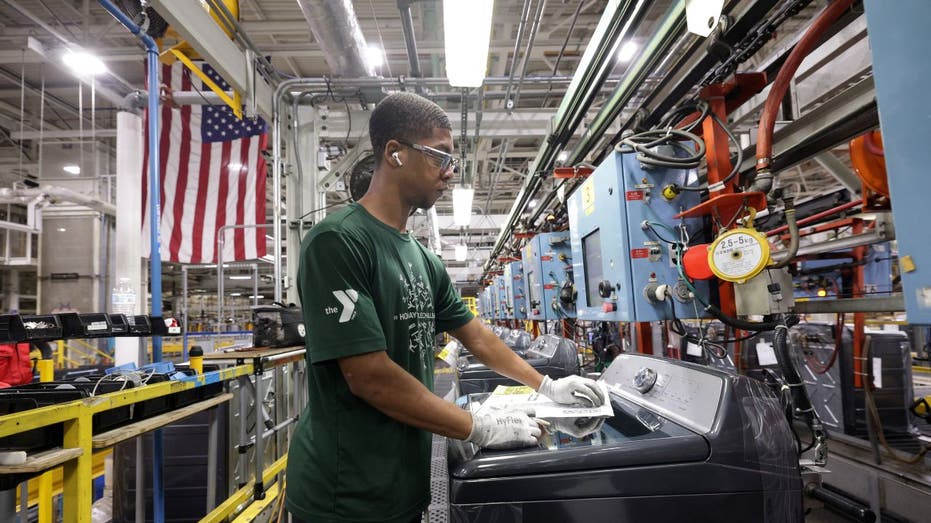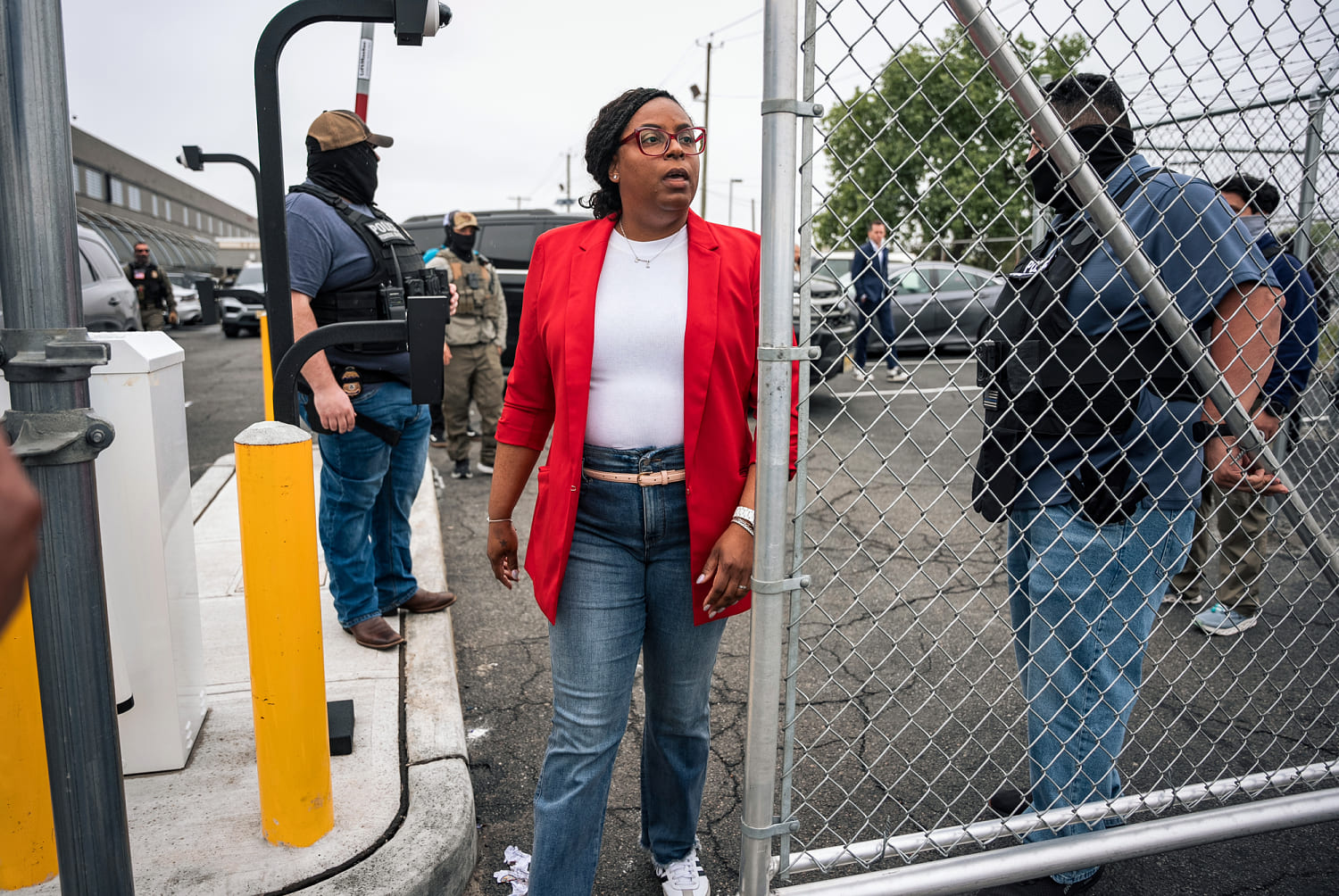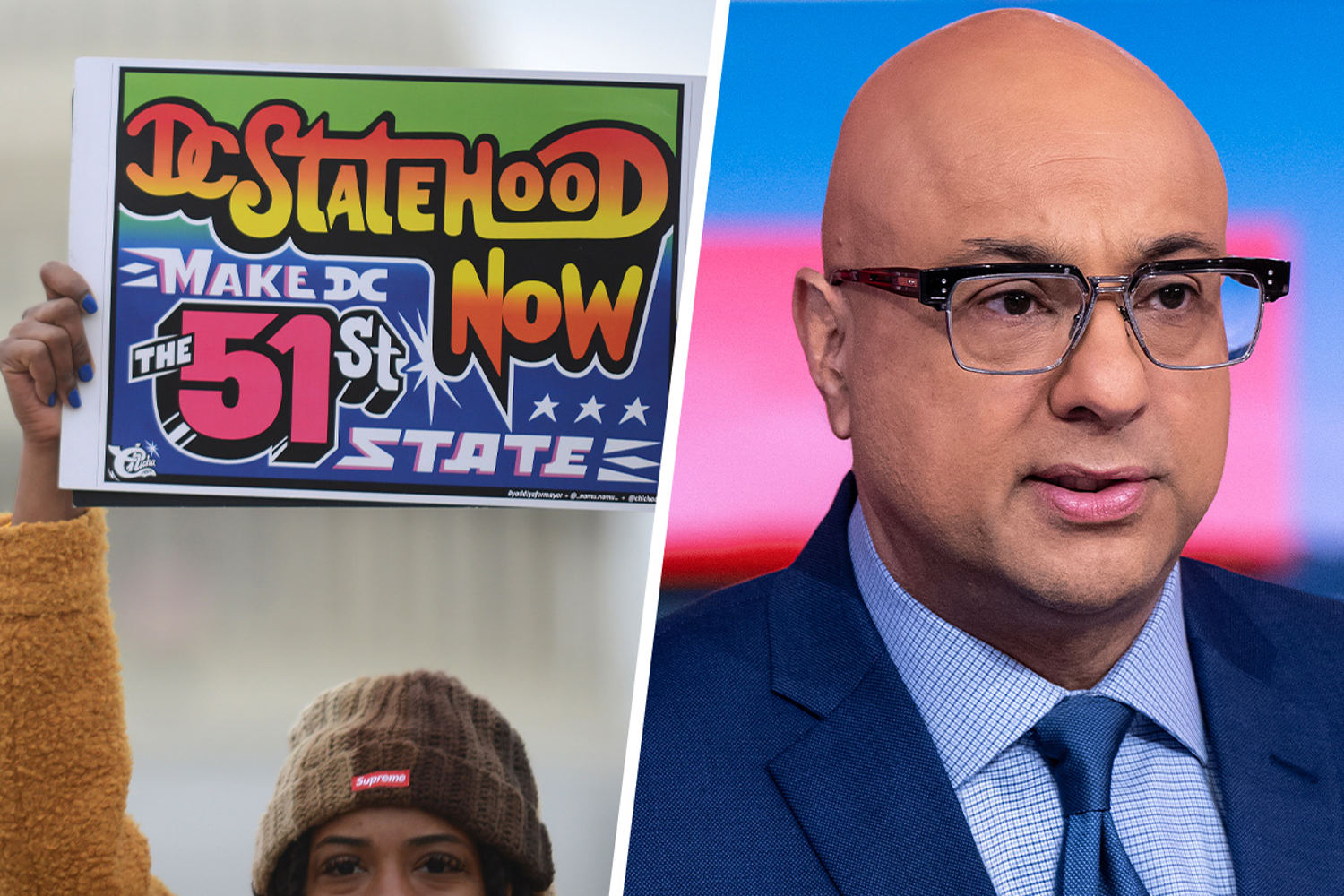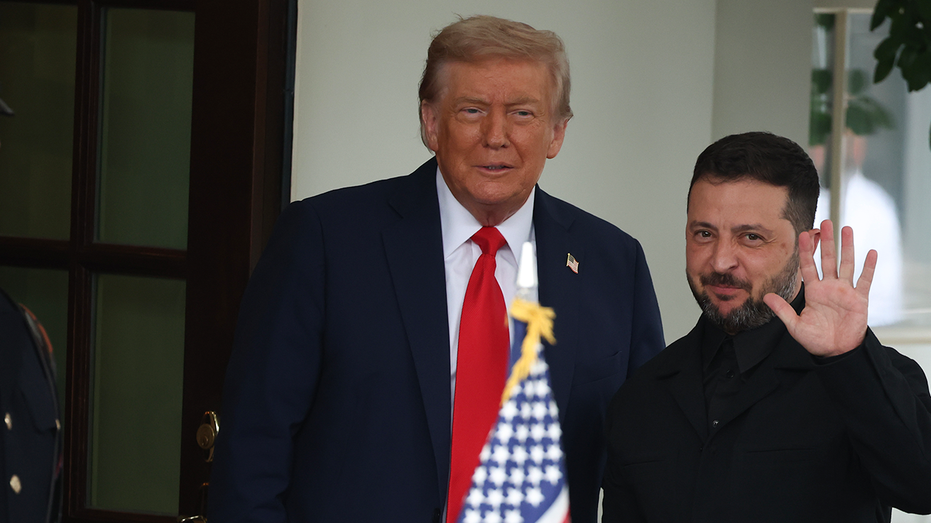Tariff uncertainty threatens $490B in US manufacturing investment, report warns

FIRST ON FOX: A new report from the Joint Economic Committee Minority warned Monday that fallout from President Donald Trump‘s trade policy could slash U.S. manufacturing investment by as much as $490 billion by 2029.
Such investments that businesses may defer because of trade uncertainty include capital expenditures on new factories, plants, and production facilities, along with research and development and purchases of advanced manufacturing equipment.
POWERFUL MANUFACTURING ASSOCIATION PENS REGULATION REBALANCING PLAN FOR TRUMP ADMIN
The report, compiled by Democrats, cautions that delaying these kinds of investments not only slows innovation but also risks fewer factory jobs, weaker supply chains, and diminished U.S. competitiveness against global powerhouse rivals like China.
“Strengthening American manufacturing is critical to the future of our economy and our national security,” said Sen. Maggie Hassan (D-N.H.), ranking member of the Joint Economic Committee. “While President Trump promised that he would expand our manufacturing sector, this report shows that, instead, the chaos and uncertainty created by his tariffs has placed a burden on American manufacturers that could weigh our country down for years to come.”
The Republican Joint Economic Committee Majority did not immediately respond to Fox News Digital’s request for comment.
TRUMP CALLS TARIFF WINDFALL ‘SO BEAUTIFUL TO SEE’ AS CASH SAILS IN
The committee drew parallels between U.S. tariff ambiguity and the U.K.’s economic experience after Brexit. Its analysis relies on long-term projections of nonresidential fixed investment from the Congressional Budget Office, released in January 2025, and Bank of England research on how prolonged trade policy confusion curbed business investment in the U.K. from 2016 to 2021.
Brexit refers to the U.K.’s 2016 decision to leave the European Union, then a 28-member political and economic bloc that set common rules on trade, immigration, and regulation.
“This had long-term consequences for growth: Economists have estimated that, in the years following the Brexit vote, the U.K.’s real gross domestic product (GDP) was 4 to 8% lower than it would have otherwise been, primarily due to businesses pulling back on investment amidst high uncertainty,” the Joint Economic Committee Minority wrote in the report.
The group calculates that a similarly prolonged period of trade instability in the U.S. could reduce manufacturing investment by 13% annually, totaling about $490 billion by 2029.
The committee adds that even if trade fears were resolved immediately, the damage already inflicted on the sector would linger. The report noted that the turmoil businesses faced in just one month — April — could still lower investment by an average of 1% annually through 2029, equal to about $42.2 billion in lost manufacturing spending.
Manufacturers are especially vulnerable to policy swings because decisions like building factories or purchasing advanced equipment require years of planning and carry significant costs that are difficult to reverse.
Here is the full report from the Joint Economic Committee Minority:



